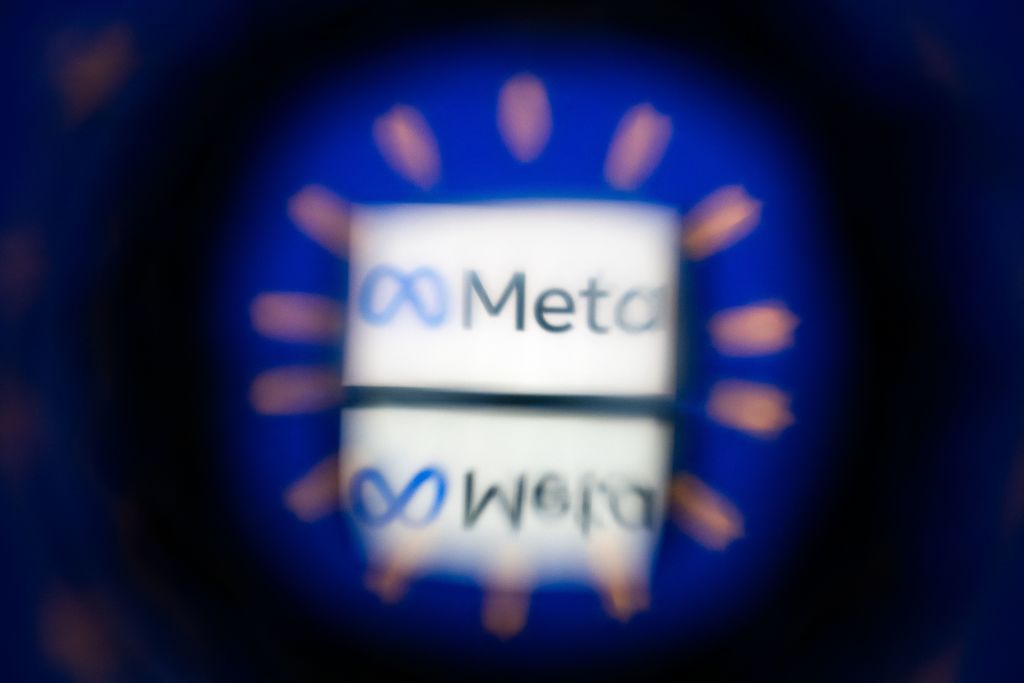Meta, the parent company of Facebook, is appealing against the inclusion of its Messenger and Marketplace products in the strict regulations imposed on digital giants by the European Union (EU) in September, according to a report by AFP. The move to offer the Messenger and Marketplace products comes as part of the EU’s efforts to set more robust regulations for major tech companies. This aims to protect European consumers online and foster competition in a sector led by U.S. tech giants.
In September, the EU revealed a list of 22 companies, including Meta, Apple, and TikTok’s parent company ByteDance, subject to new regulations under the Digital Markets Act (DMA). This DMA mandates significant changes in the practices of the largest tech firms, intending to create a fairer market through a set of guidelines and restrictions.
Meta’s decision to appeal specifically addresses the inclusion of Messenger and Marketplace within the DMA. A Meta spokesperson emphasized that the appeal is focused on seeking clarification on legal points related to the designation of these products under the legislation. The company reiterated its commitment to complying with the DMA and expressed a willingness to collaborate with the European Commission to ensure compliance. However, the European Commission, the EU’s antitrust body, has not yet commented on Meta’s appeal.
The DMA identifies certain services as “core platform” services owned by major tech companies considered “gatekeepers.” This designation applies when a service boasts more than 45 million monthly active users and over 10,000 yearly active business users in the EU. The affected companies, including Meta, must fully comply with the DMA regulations by March 6, 2024. The primary objective of the DMA is to prevent larger tech entities from stifling the growth of smaller competitors through acquisition.
In a related development, both Meta and Snap have received formal requests for information (RFI) from the European Commission regarding the safety measures implemented for minors on their platforms, according to a report. This aligns with the provisions of the EU’s Digital Services Act (DSA). The Commission had previously issued similar RFIs to TikTok and YouTube, reflecting the growing importance of child protection in DSA oversight.
Under the DSA, Meta and Snap are obligated to furnish the requested information to the Commission by December 1. The Commission will assess the responses and may initiate proceedings under Article 66 of the DSA, which grants the authority to impose fines for providing inaccurate or incomplete information in response to information requests. Non-compliance may result in the imposition of periodic penalty payments.
The appeal and the formal requests for information indicate increasing scrutiny of major tech companies by the European Union. This comes amidst ongoing efforts to foster fairer competition among tech giants and better protect users, with the potential to significantly impact the future regulatory environment for these companies in the EU.

I have over 10 years of experience in the cryptocurrency industry and I have been on the list of the top authors on LinkedIn for the past 5 years. I have a wealth of knowledge to share with my readers, and my goal is to help them navigate the ever-changing world of cryptocurrencies.







